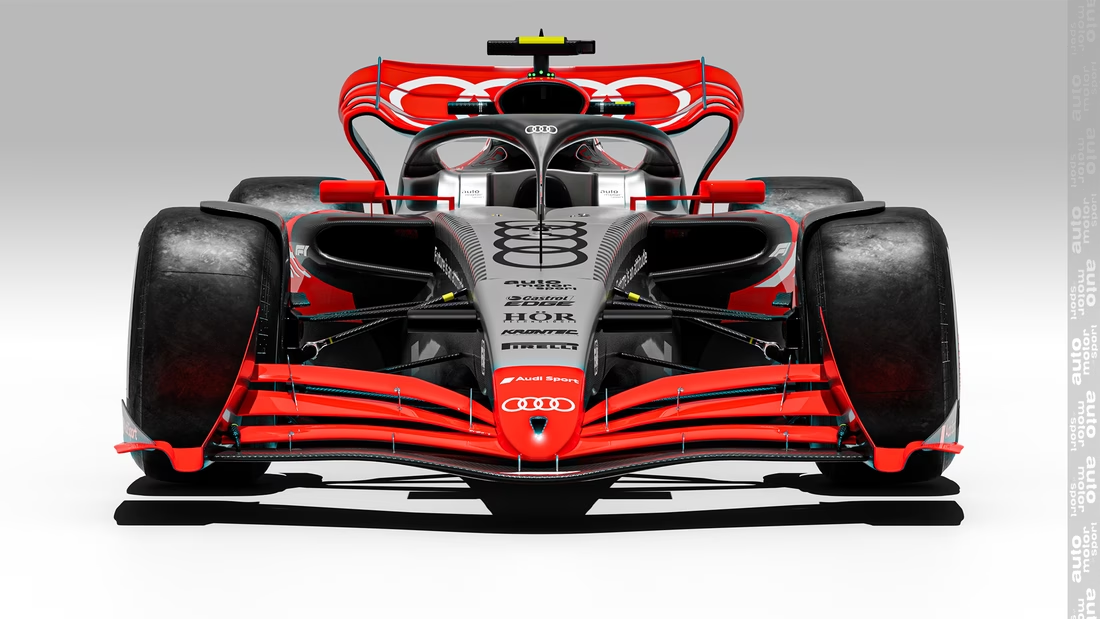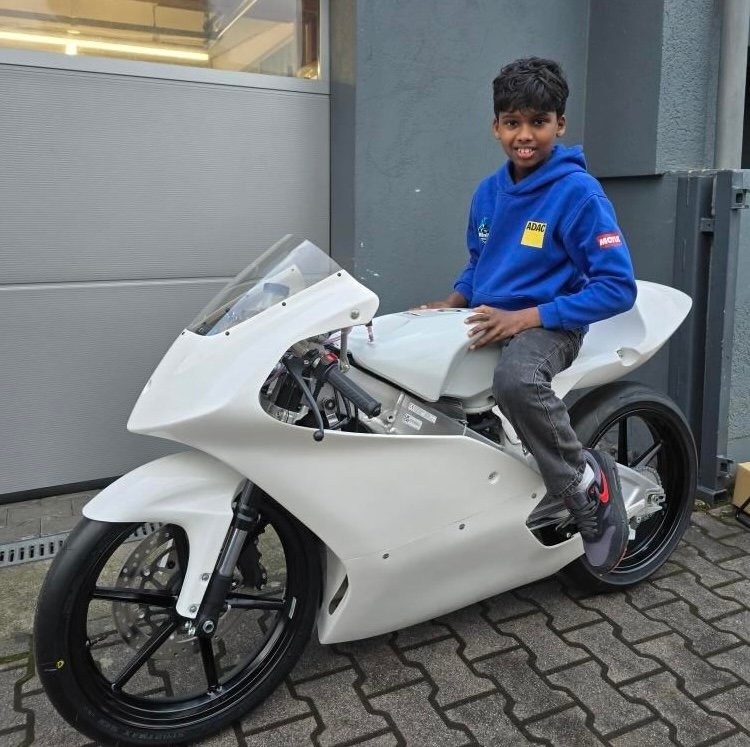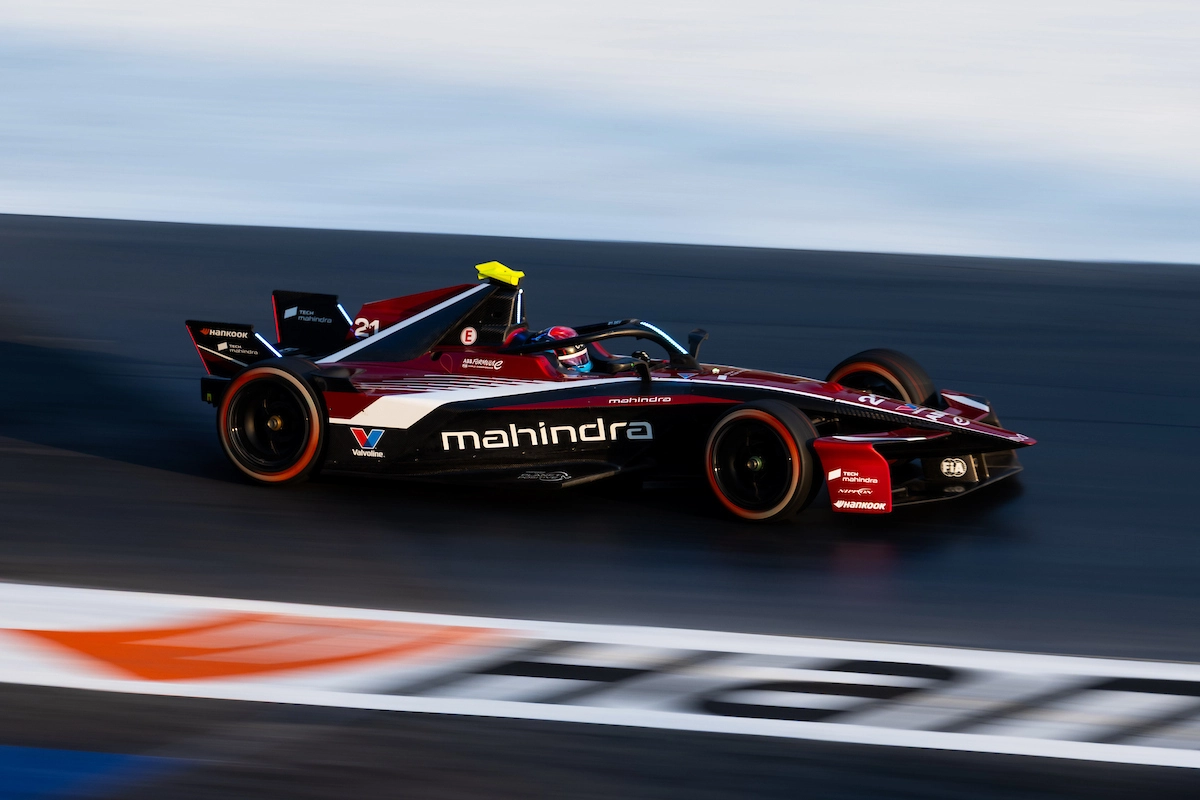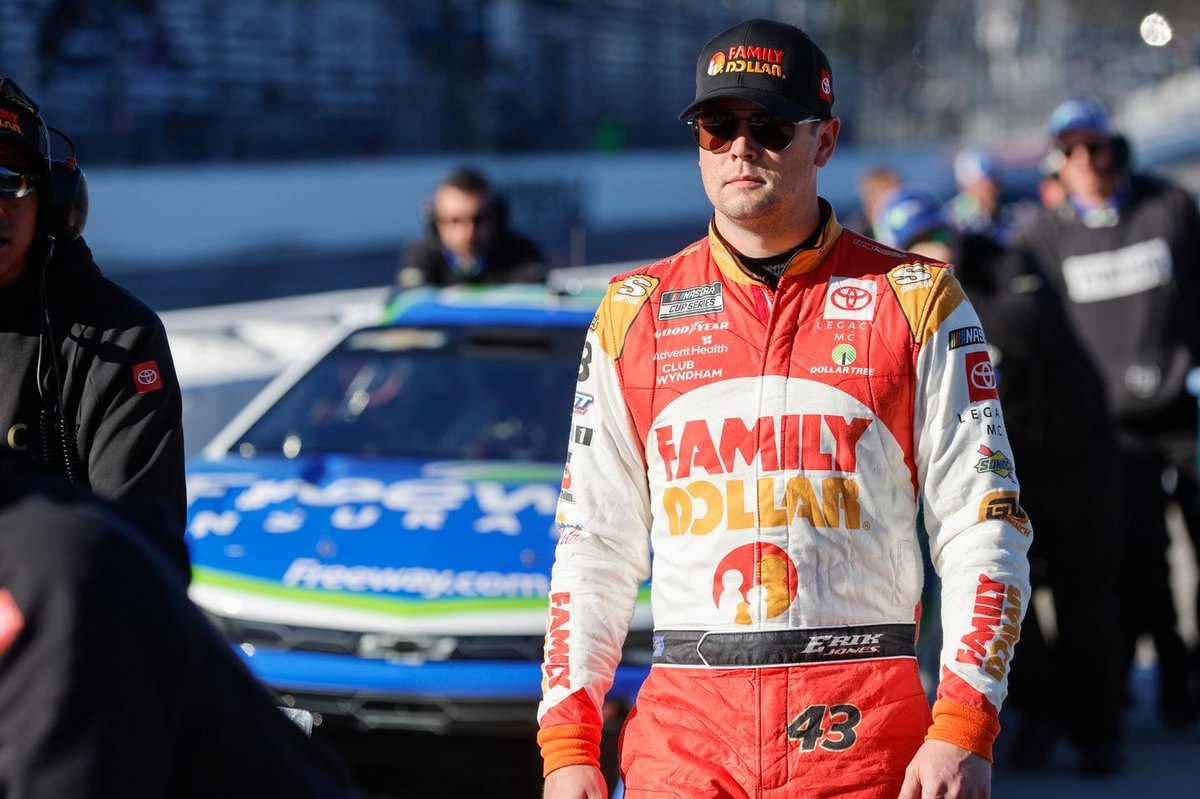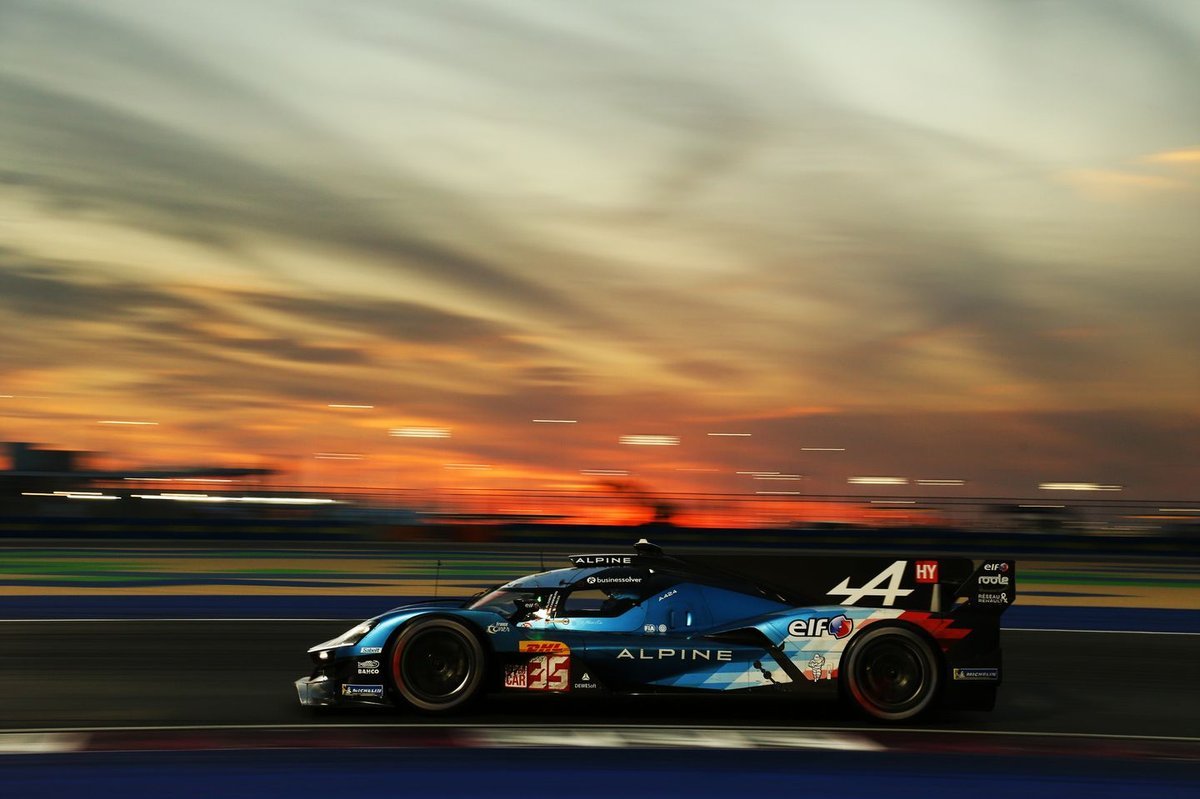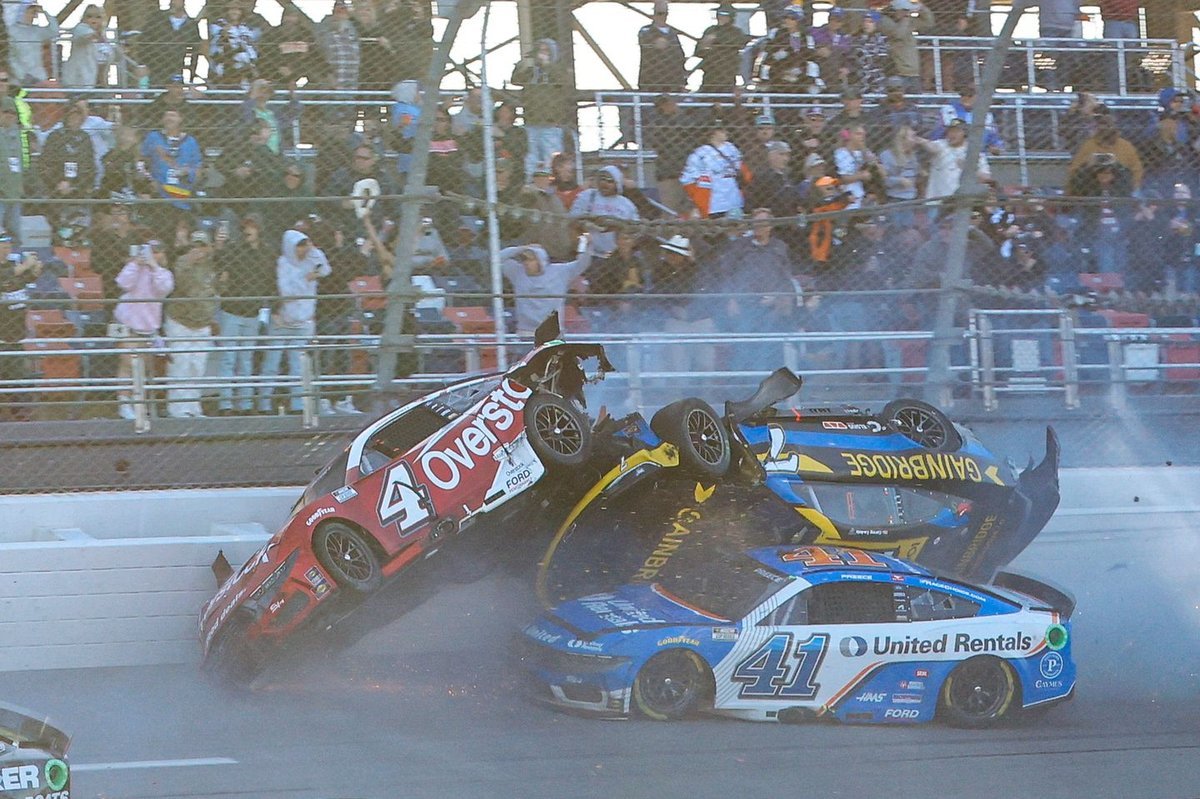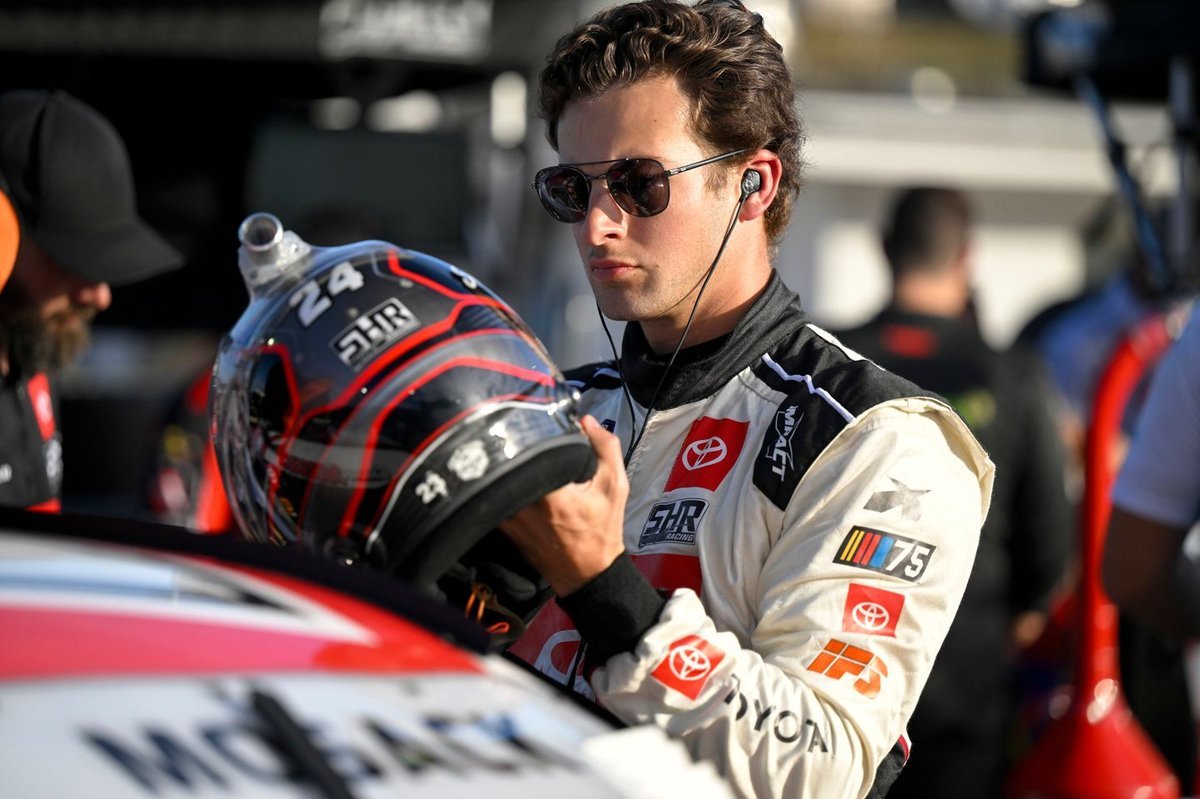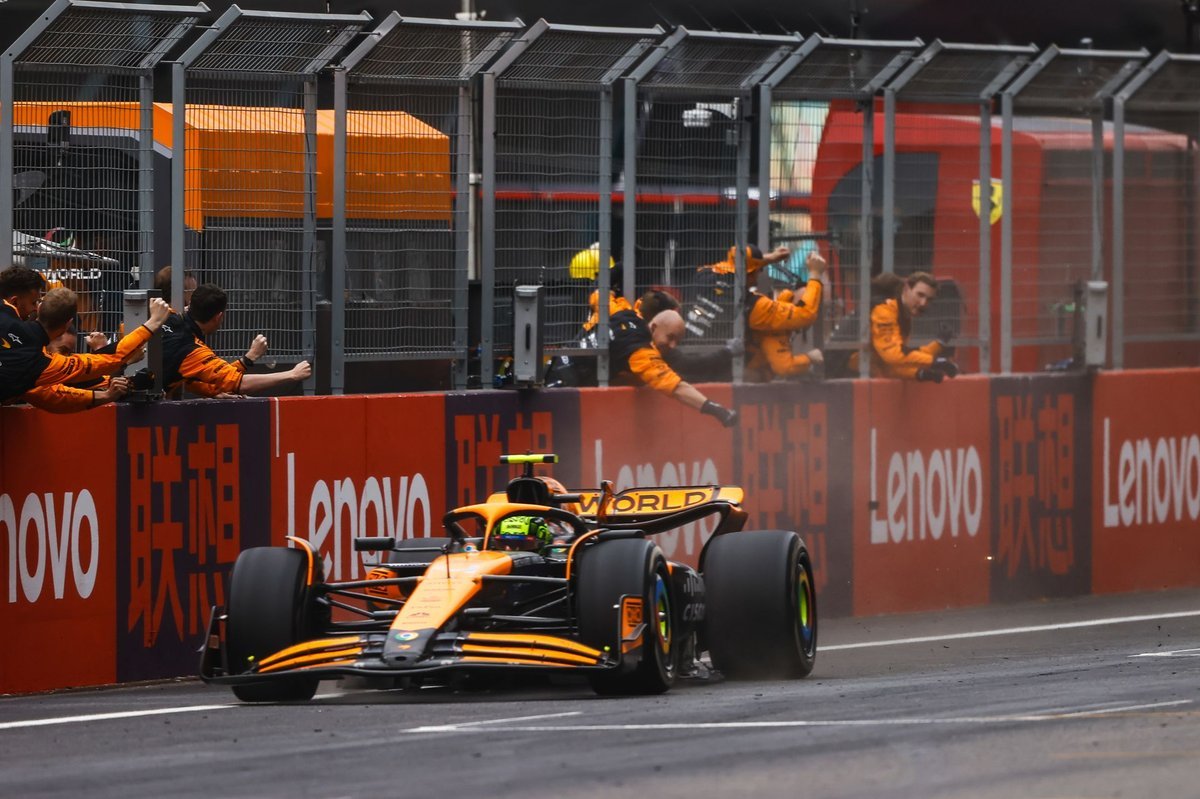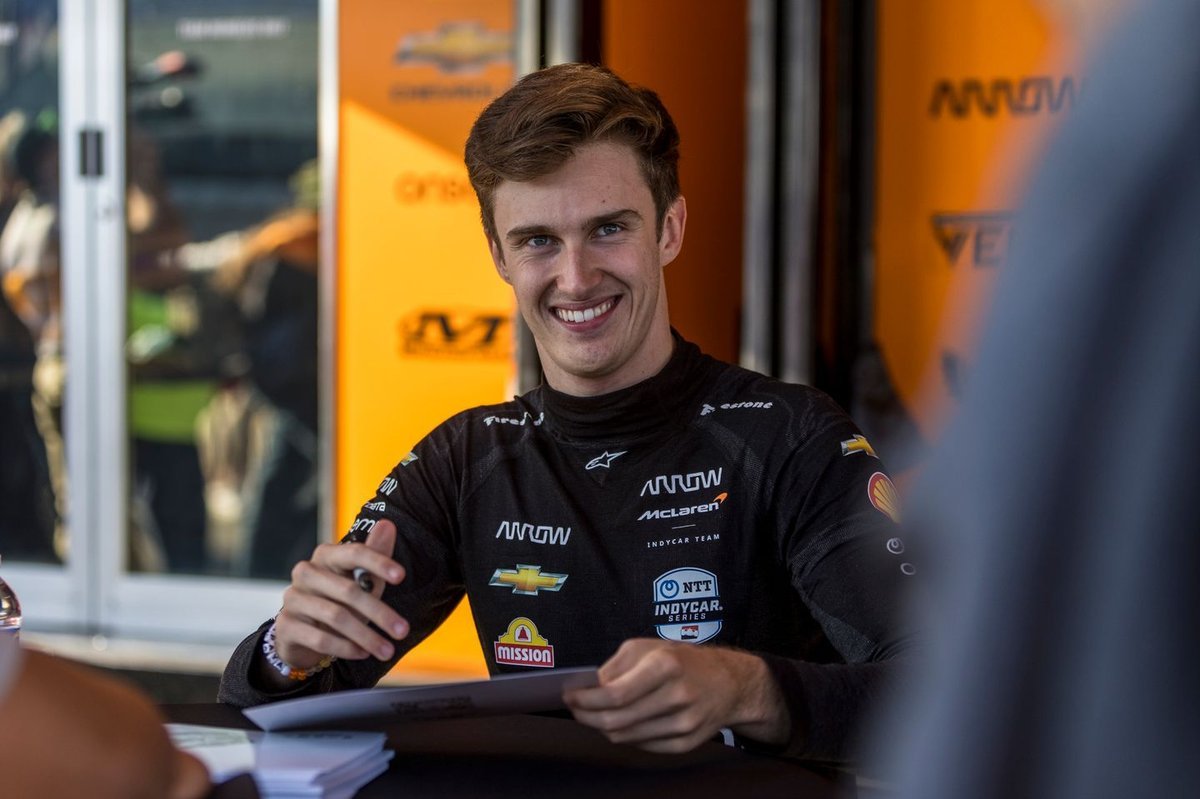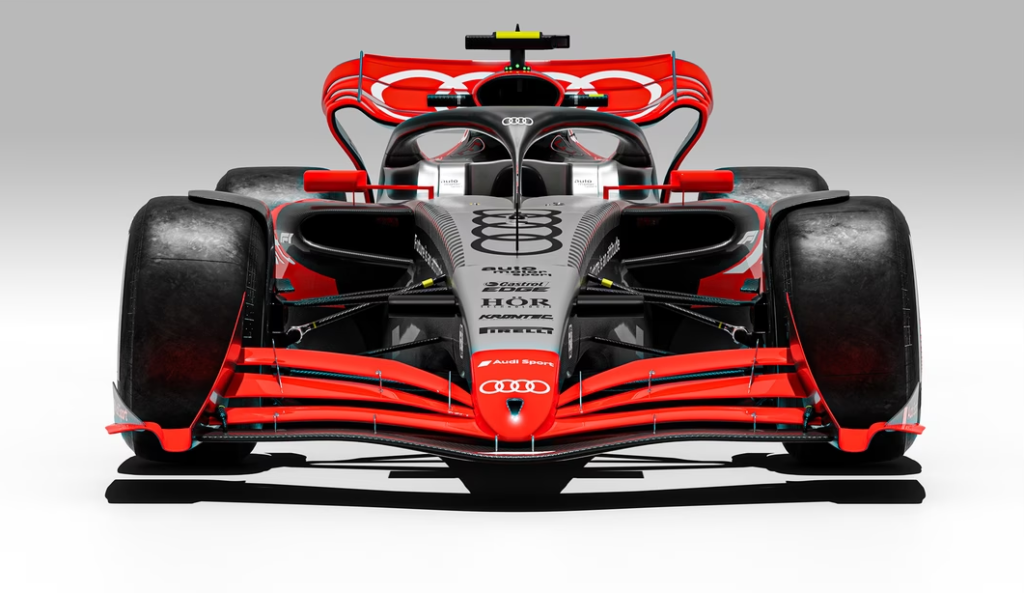
In the high-octane world of Formula 1, change is the only constant. As the sport hurtles towards a significant shift in regulations for 2026, concerns have been mounting over predictions that the new cars could be up to 10 seconds slower per lap. However, Mercedes team boss Toto Wolff has stepped into the spotlight with a message of hope and confidence.
The upcoming 2026 regulations aim to revolutionize the sport with a stronger emphasis on sustainability and cost efficiency. These changes include alterations to the power units, aerodynamic structures, and even the fuel used by the cars. While these advancements promise a greener and more financially sustainable future for Formula 1, they come with a daunting prediction: a substantial drop in performance, estimated at around 10 seconds per lap slower than the current generation of cars.
Despite this forecast, Toto Wolff remains steadfast in his belief that the engineering prowess and relentless innovation within the sport will bridge this performance gap. In a recent interview, Wolff expressed his optimism, emphasizing the resilience and ingenuity of F1 engineers. “The 10-second gap is a stark prediction, but it’s one that I’m confident we can overcome,” Wolff stated. “The history of Formula 1 is a testament to our ability to adapt and innovate. Each regulatory change has initially presented a challenge, but we have always emerged stronger and faster.”
Wolff’s confidence is not unfounded. The sport has seen numerous regulatory shifts over the decades, each time sparking concerns about performance drops. Yet, the teams’ ability to push the boundaries of engineering has consistently proven these concerns to be temporary. For instance, the introduction of hybrid power units in 2014 initially raised fears of slower, less exciting races. However, the relentless development by teams led to these hybrids becoming some of the most powerful and efficient engines in F1 history.
The 2026 regulations aim to achieve a 100% sustainable fuel and significant reductions in carbon emissions. These goals align with the broader environmental objectives of the sport, but they also present new technical challenges. The transition to sustainable fuels, for instance, will require teams to redesign engines and optimize performance without the benefits of traditional high-energy fuels. Aerodynamic changes, aimed at improving the racing spectacle by reducing dirty air and promoting closer racing, will also necessitate a complete overhaul of car designs.
Wolff acknowledges the enormity of these challenges but remains confident in the collaborative spirit of the F1 community. “This is an opportunity for us to demonstrate the incredible talent and innovation within our teams,” he said. “We are all working towards a common goal of making the sport more sustainable while retaining the thrill and excitement that fans love. I’m confident that by 2026, we will not only meet but exceed these expectations.”
The Mercedes team boss’s optimism is a rallying cry for the entire F1 community. It is a reminder that the essence of the sport lies in its capacity to evolve and thrive amidst challenges. As teams gear up for this new era, Wolff’s words offer reassurance that the sport’s future remains as bright and exhilarating as ever.
In the end, while the road to 2026 may be paved with uncertainties and technical hurdles, the spirit of innovation and the drive for excellence will undoubtedly propel Formula 1 into a new, exciting chapter. Toto Wolff’s hope and confidence serve as a beacon for what lies ahead, promising that the sport will continue to push the limits of what’s possible, both on and off the track.

